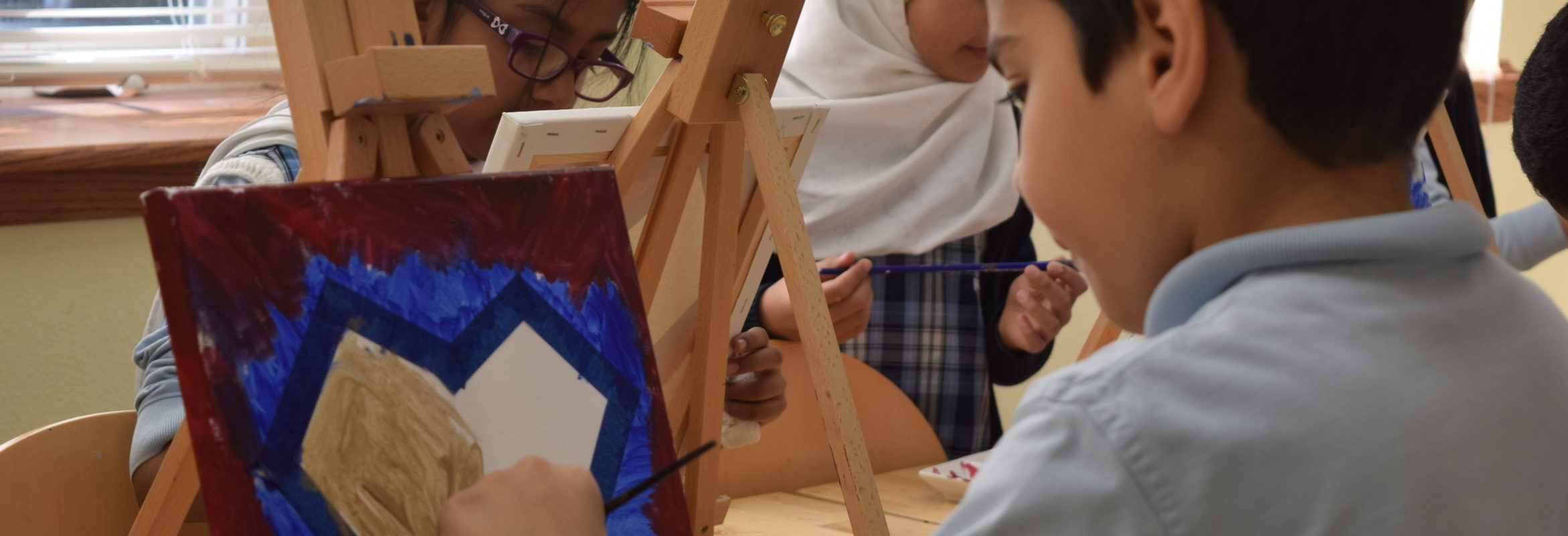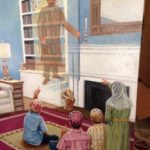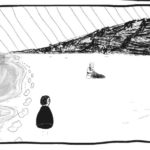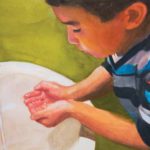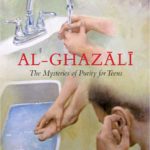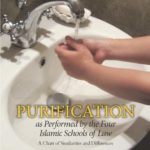Here are several tools to assist in teaching the lessons of al-Ghazali, developed by teachers, artists and supporters affiliated with the Ghazali Children’s Project. We thank them for their time and effort. For the specific curriculum for each book, please go to the curriculum section.
Many of the suggestions are adaptations to our curricula for students of younger ages and varying class sizes. If you feel you have an activity or lesson plan that will benefit other users of any of this material, please send it to fonsvitae.ghazali@gmail.com. We will be happy to review it and possibly post it. For teaching material from any of our books, we recommend participating in our contests.
Book One – the book of knowledge
Book two – the Book of Belief
Book Three – the book of purity
We need not get obsessive about our wudu’! Knowing how to do wudu’ according to our particular madhhab can guard against this obsessiveness about it. We need only to know how to do it according to our madhhab. Below is a chart outlining the basics of wudu’. It is taken from the book Islamic Jurisprudence According ot the Four Sunni Schools (Al-Fiqh ‘ala al-madhahib al’arba’a) by ‘Abd al-Rahman al-Jaziri.
Perhaps you didn’t know this, but there are four schools in Sunni Islam, each of which outline four slightly different ways of going about our religious practice. Difference in these matters is not a bad thing. It is a wonderful thing, and difference actually comes from God’s Mercy! Imam al-Shafi’i said, “Difference [of opinion] is a loving mercy” (al-ikhtilafu rahmatun)
Here is the bio of our Wudu Chart contributor Elena Lloyd-Sidle
Elena M. Lloyd-Sidle worked for several years as an editor of works on Sufism and Islam for Fons Vitae Publishing. She has lived in Uruguay, Argentina, and Peru, has traveled throughout the Middle East and North Africa, studied at the American University in Cairo, Egypt, and had a Fulbright grant to study the signs (ayat) of nature in the Quranic commentary of Ibn ‘Ajiba in Fes, Morocco. She holds a Masters of Arts in Religion from Yale Divinity School, where she studied medieval theology, and is currently a PhD Candidate at the University of Chicago Divinity School in Theology, writing a dissertation on the connections between social justice and spirituality. Her research interests include the ways in which care for the material and social realms can be understood to be integral parts of our spiritual lives.
Supplications to be read at the time of Wudu
In the above link you will find a PDF which has the dua’s provided in Arabic and English, for each step of wudu.

